
Project 4
Microbiome Responses to Climate and Land Use Change
Human activities have caused rapid climate change, which is affecting all parts of the biosphere, including microbiomes. In addition, land use changes such as deforestation and changing agricultural management have drastically altered the environment of microbiomes in three quarters of the land’s surface. A better understanding of how microbiomes react to these changes is crucial for successfully tackling global sustainability challenges and maintaining planetary health
In Project 4, we will specifically address the question of how climate changes such as global warming, elevated CO2, and altered precipitation, alone and in combination, affect the composition and function of microbiomes, and the interaction of microorganisms with each other and with their plant and animal hosts, including humans.
We will further explore the stability of environmental systems regarding climate and land use changes, including the analysis of resistance and resilience of microbiomes, legacy effects, as well as effects of recurrent extreme events such as heat waves, droughts, and torrential rains.
Involved KEY RESEARCHERs
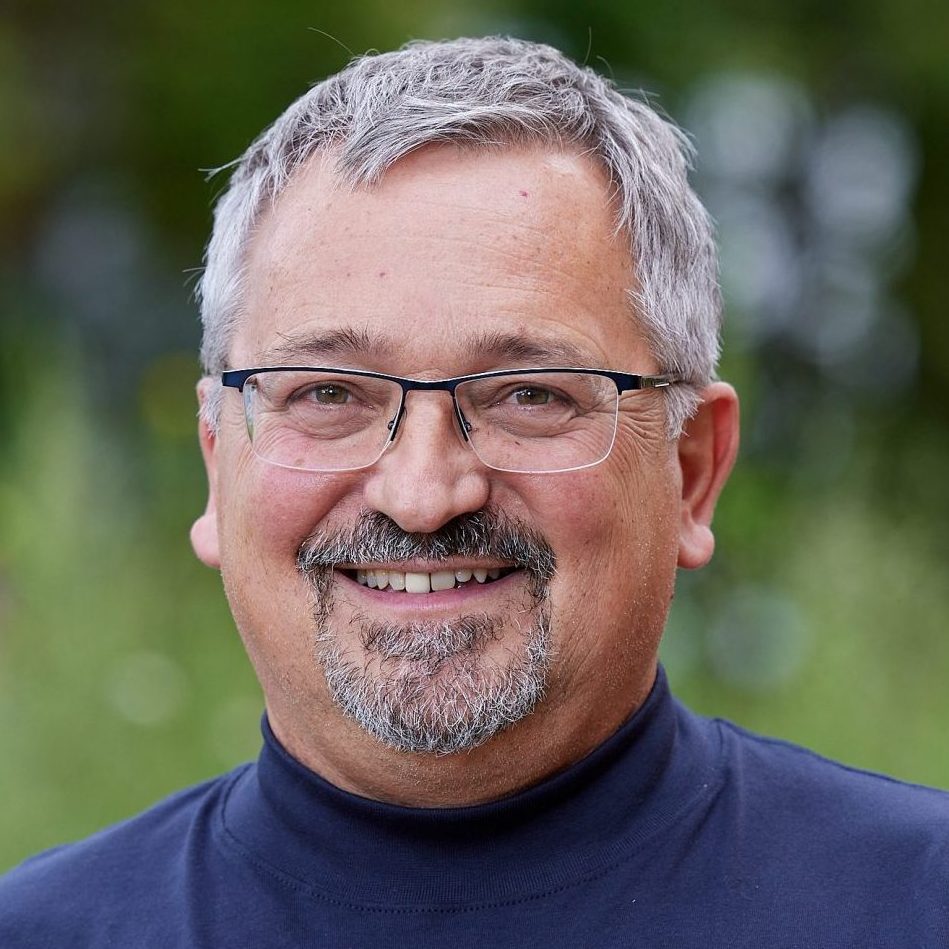
andreas richter
Project Leader
UNIVERSITY of Vienna
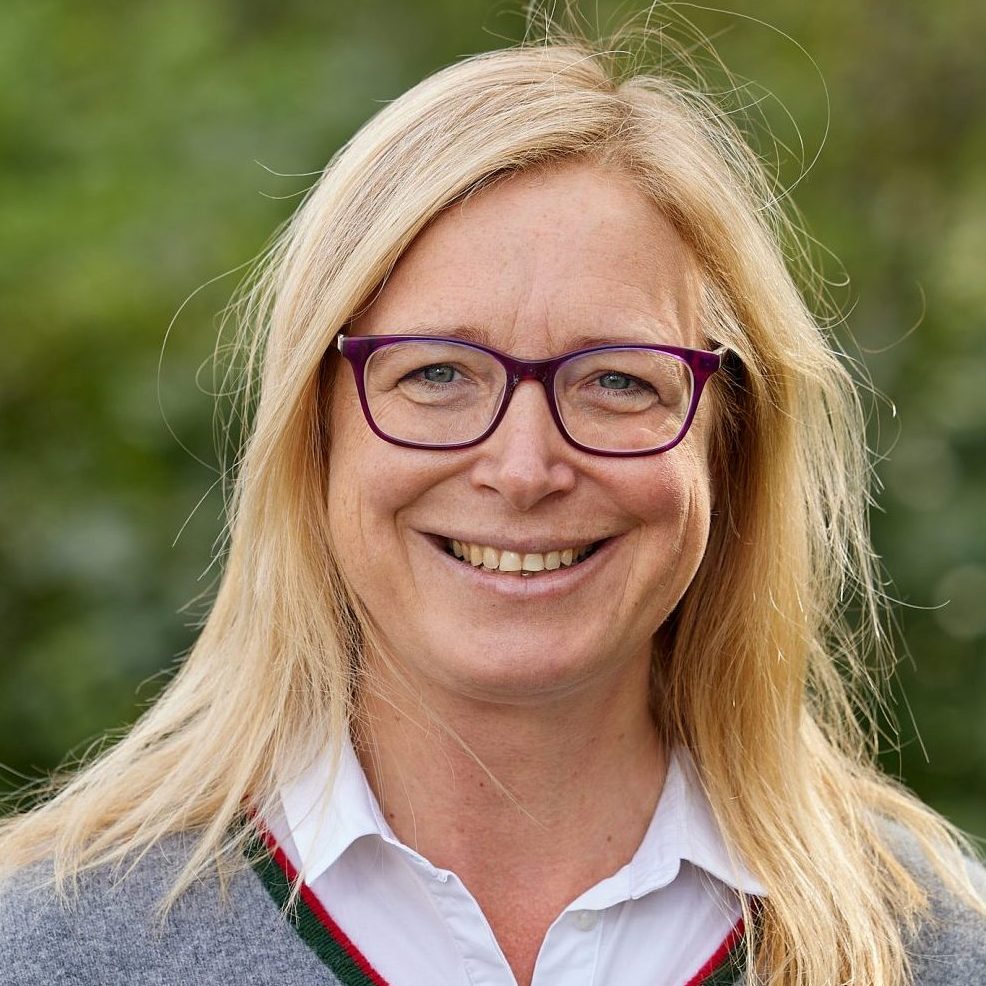
ruth birner-grünberger
Project Member
technische universität wien (tu wien)
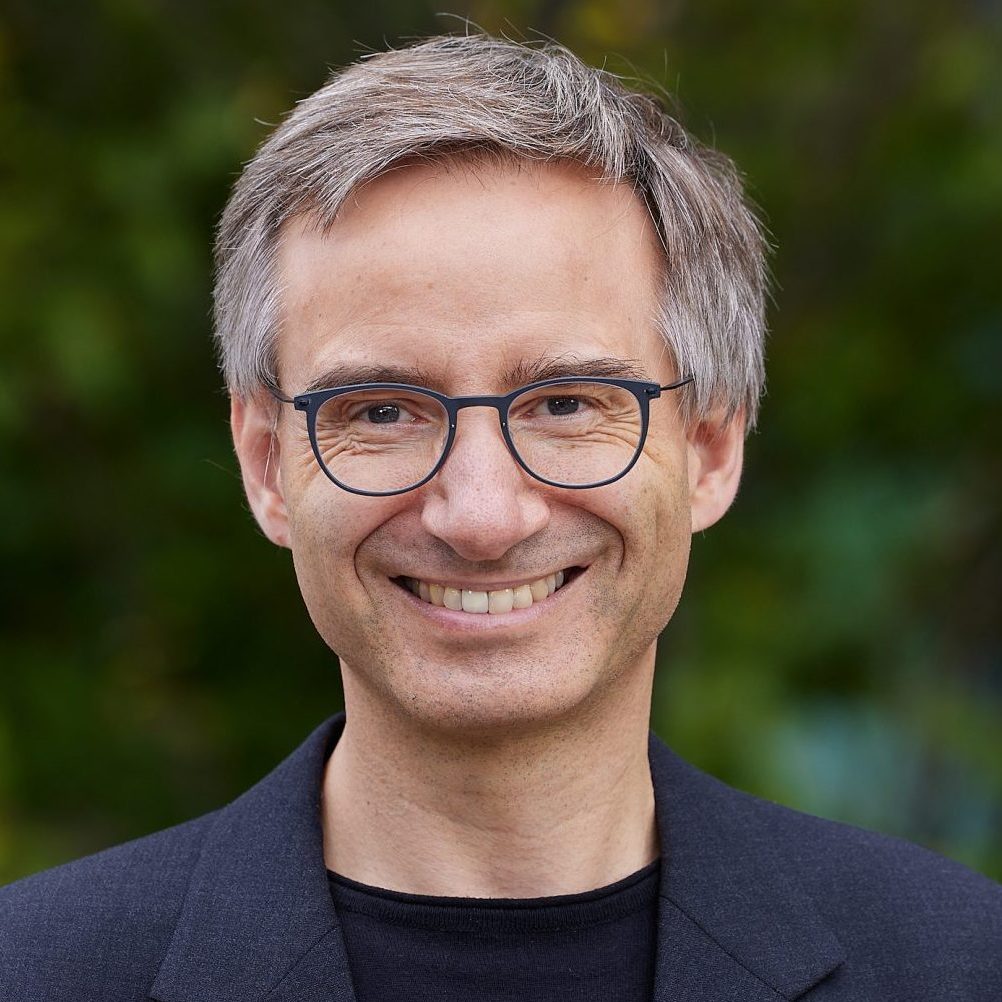
holger Daims
Project Member
university of vienna
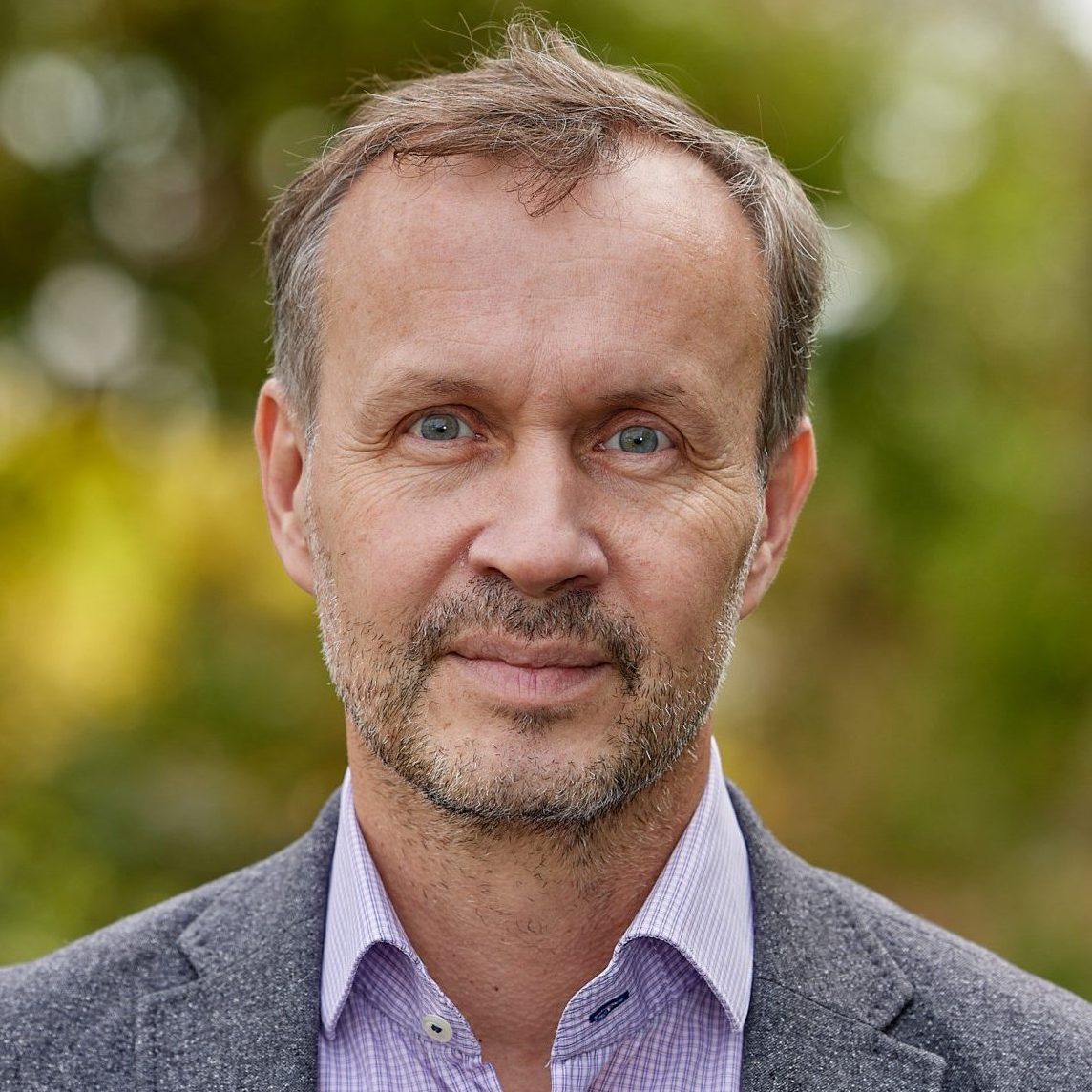
thilo hofmann
Project Member
university of vienna
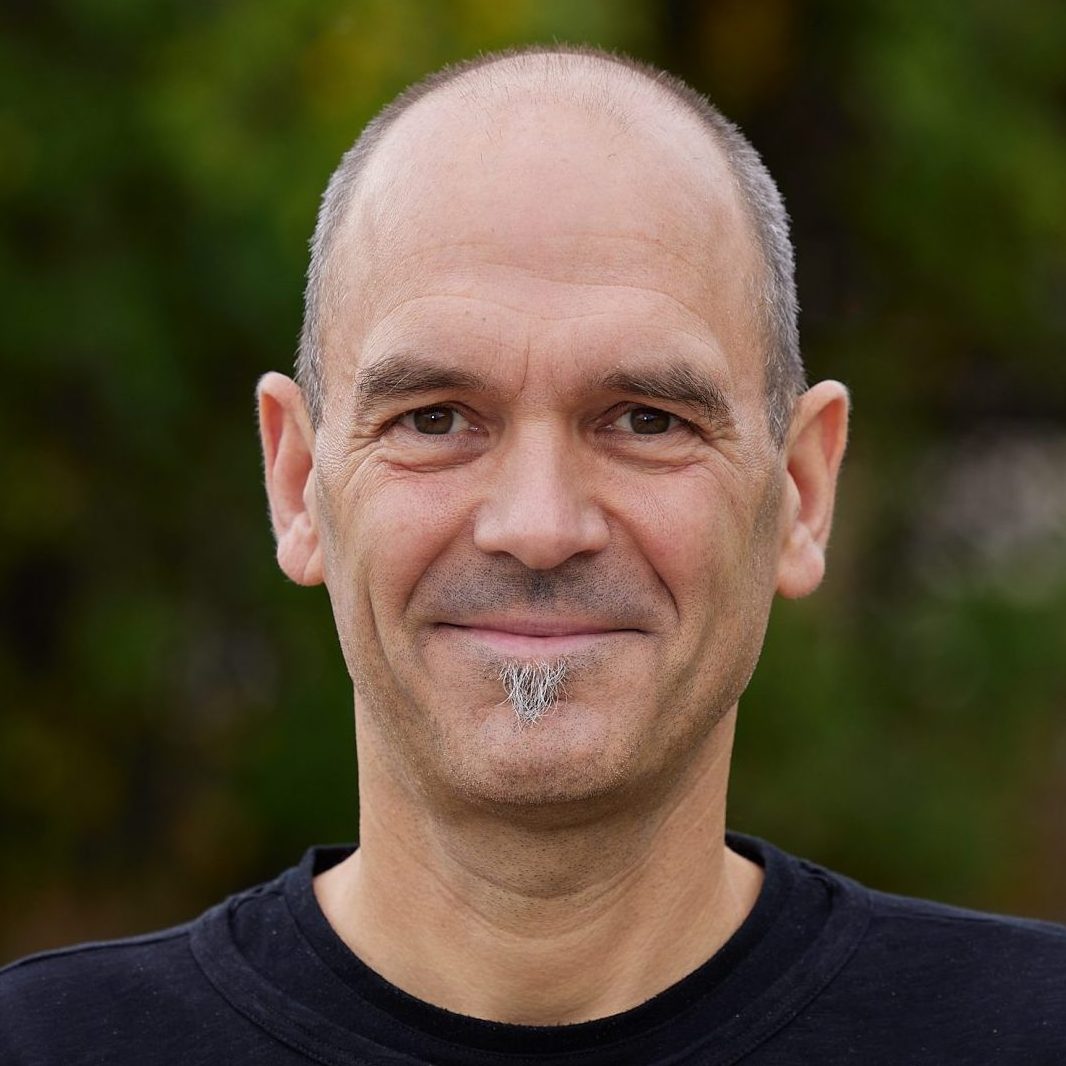
matthias horn
Project Member
university of vienna
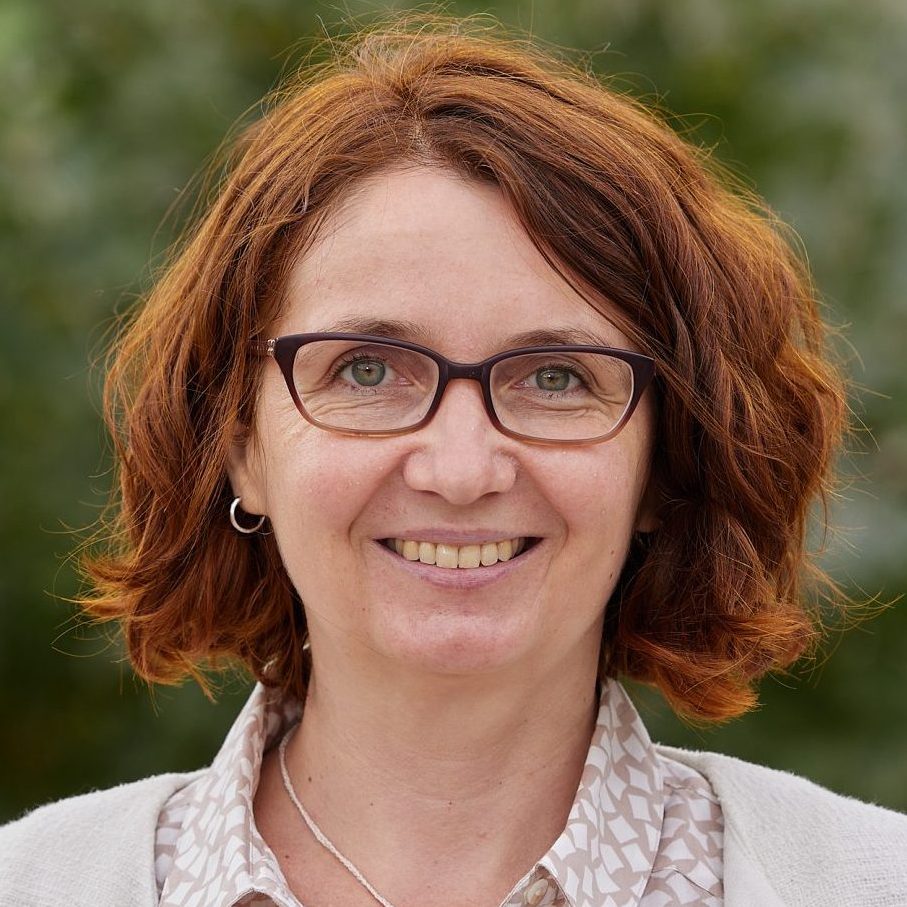
Christina Kaiser
Project Member
UNIVERSITY of vienna
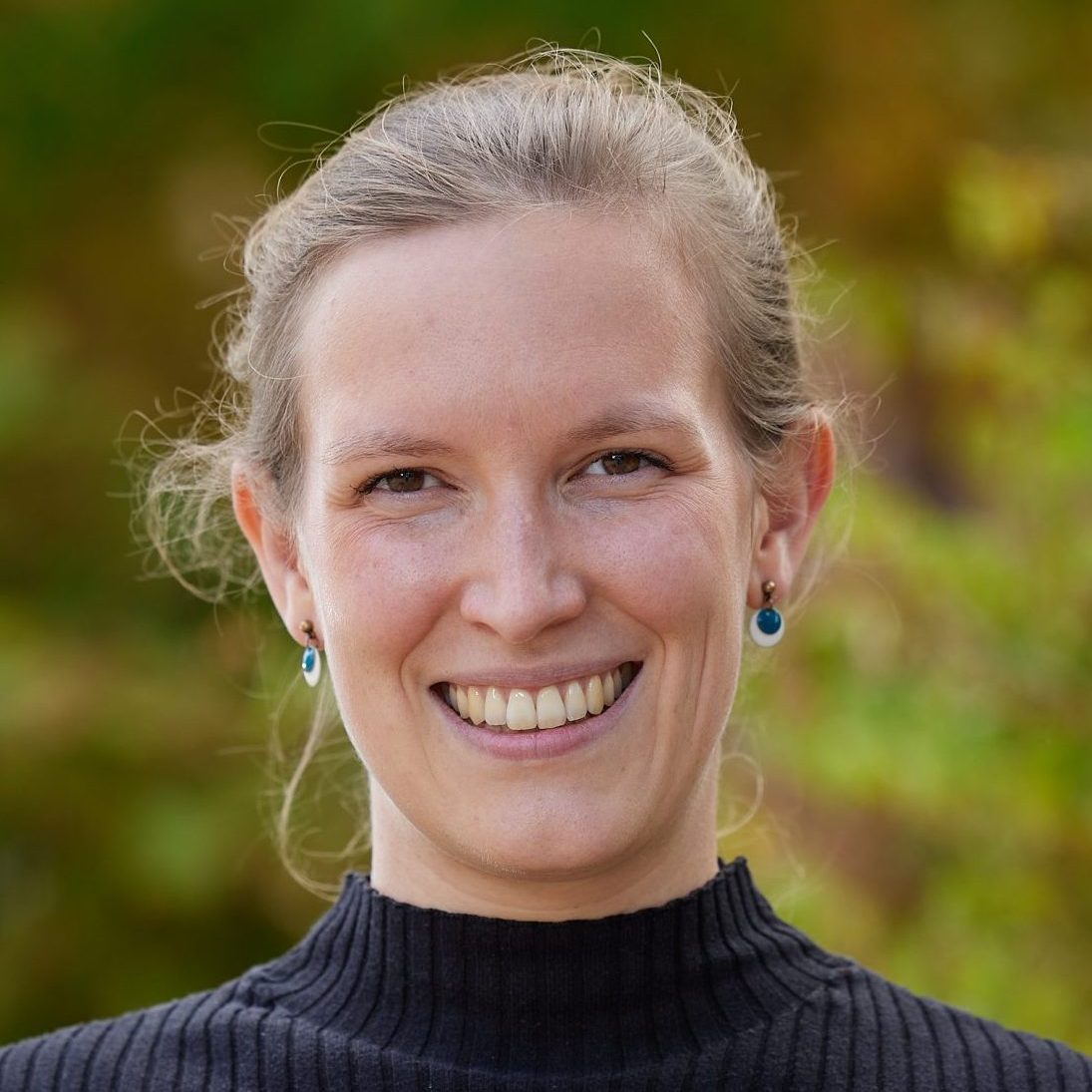
katharina kitzinger
Project Member
UNIVERSITY of vienna

stephan krämer
Project Member
university of vienna
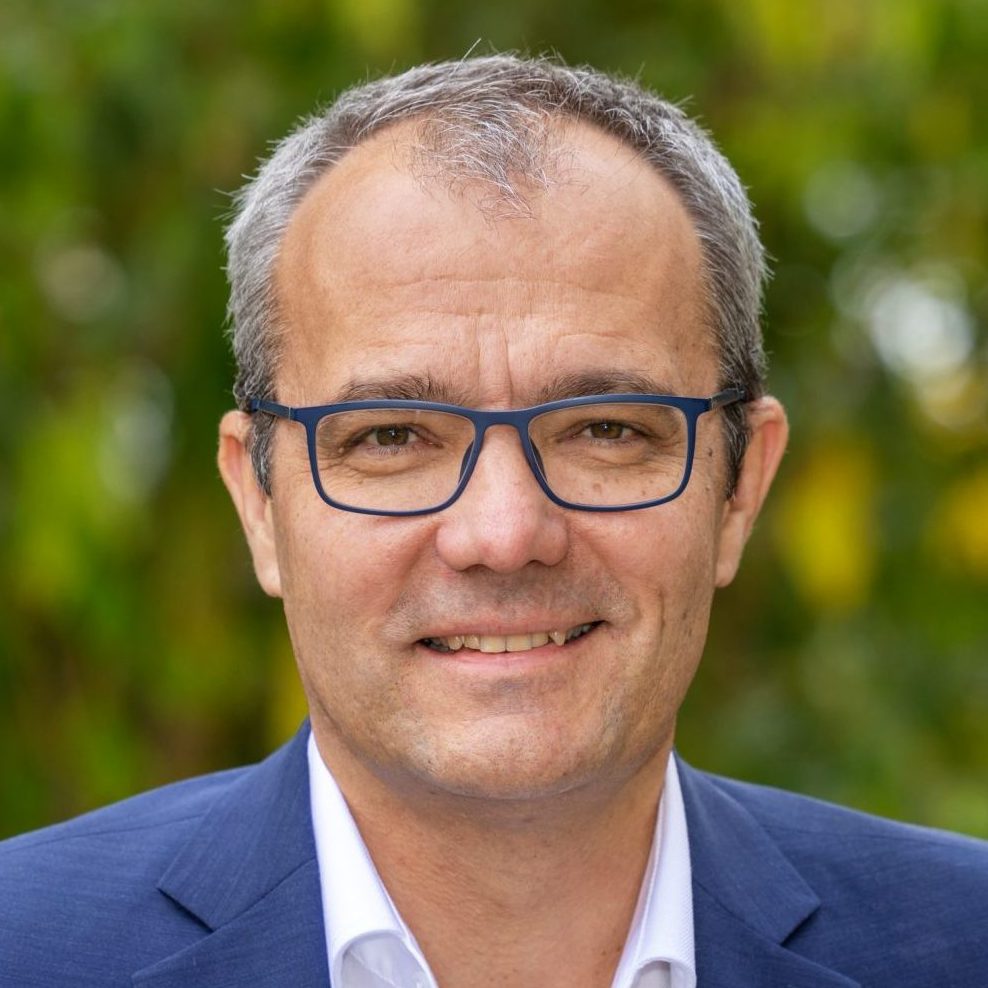
Bernhard lendl
Project Member
technische universität wien (tu Wien)

alexander loy
Project Member
UNIVERSITY of vienna
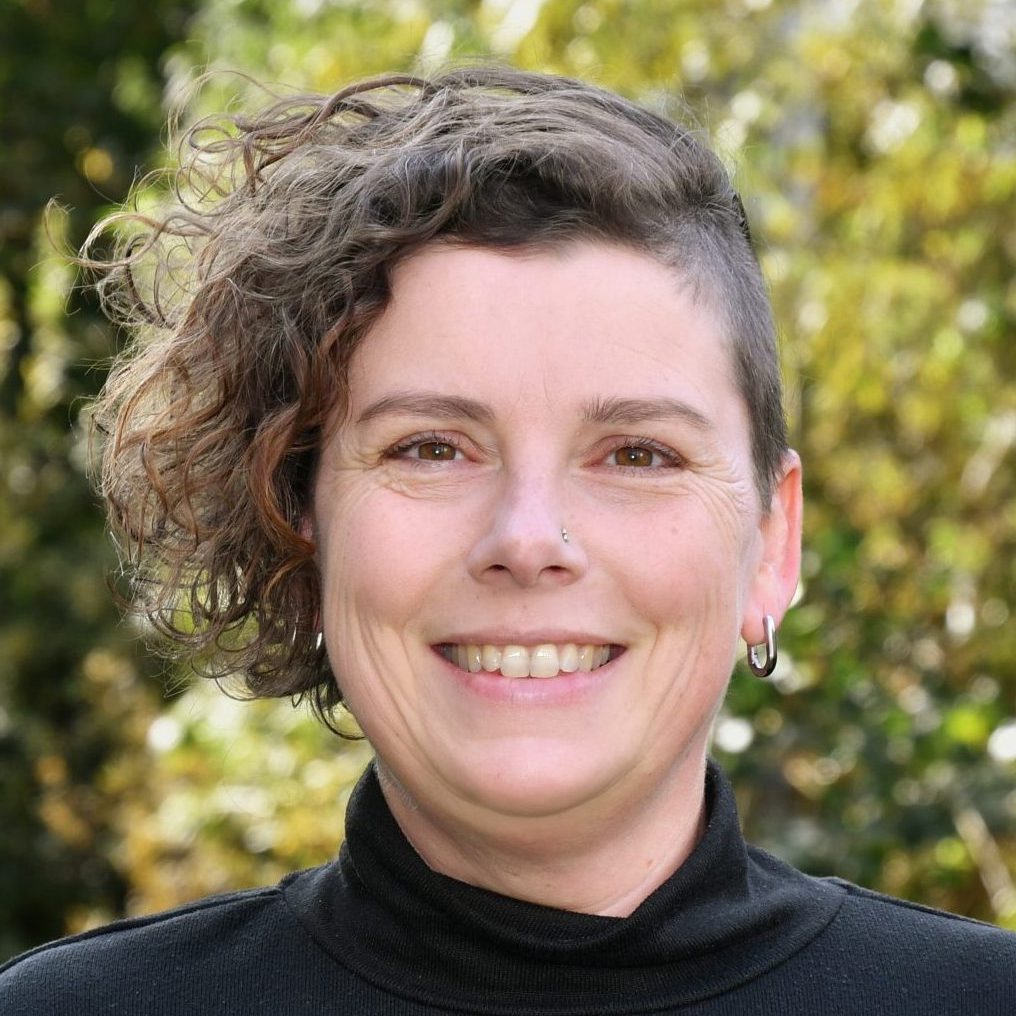
christine moissl-eichinger
Project Member
medical university of graz
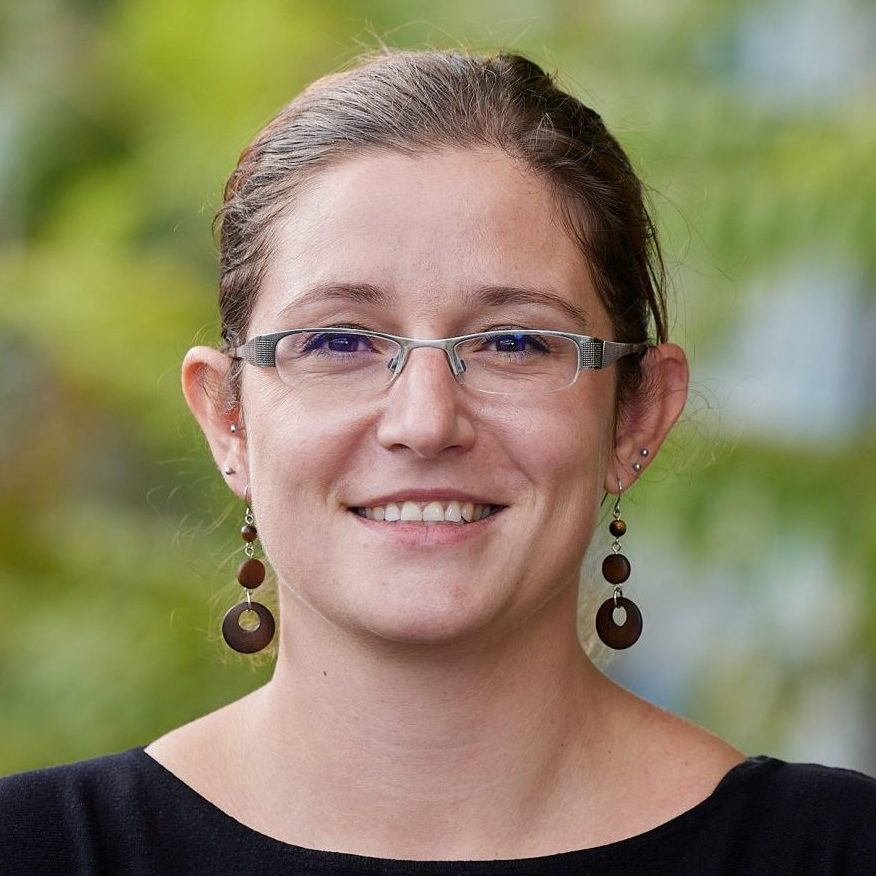
petra pjevac
Project Member
university of vienna

thomas rattei
Project Member
UNIVERSITY of Vienna
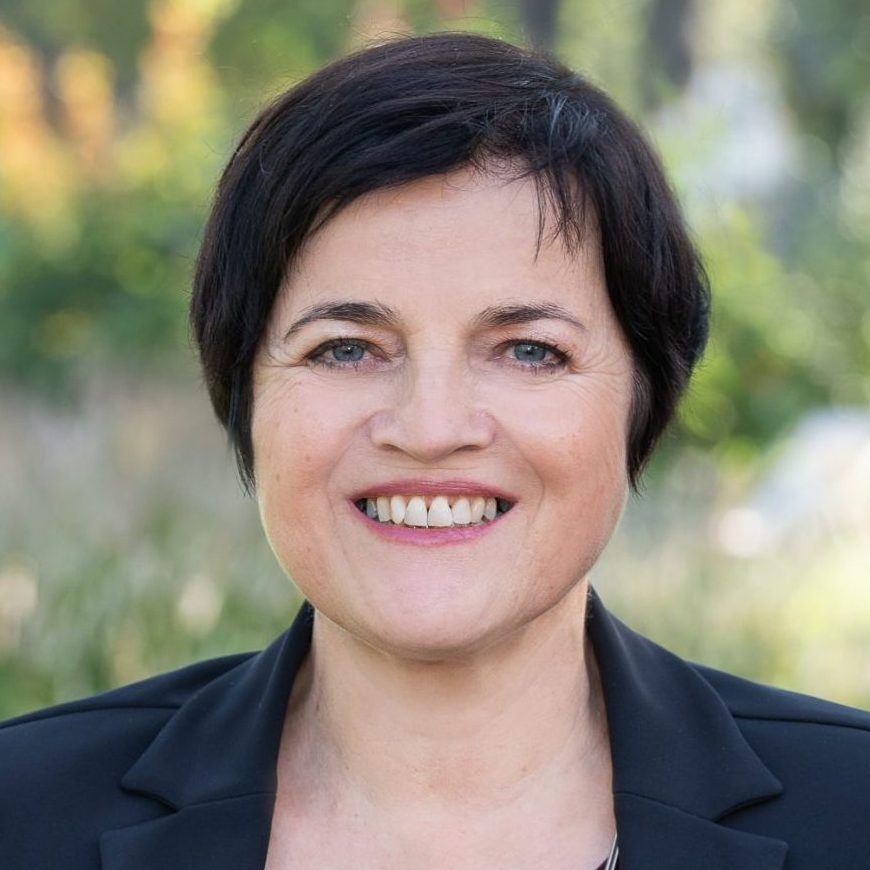
angela sessitsch
Project Member
austrian institute of technology
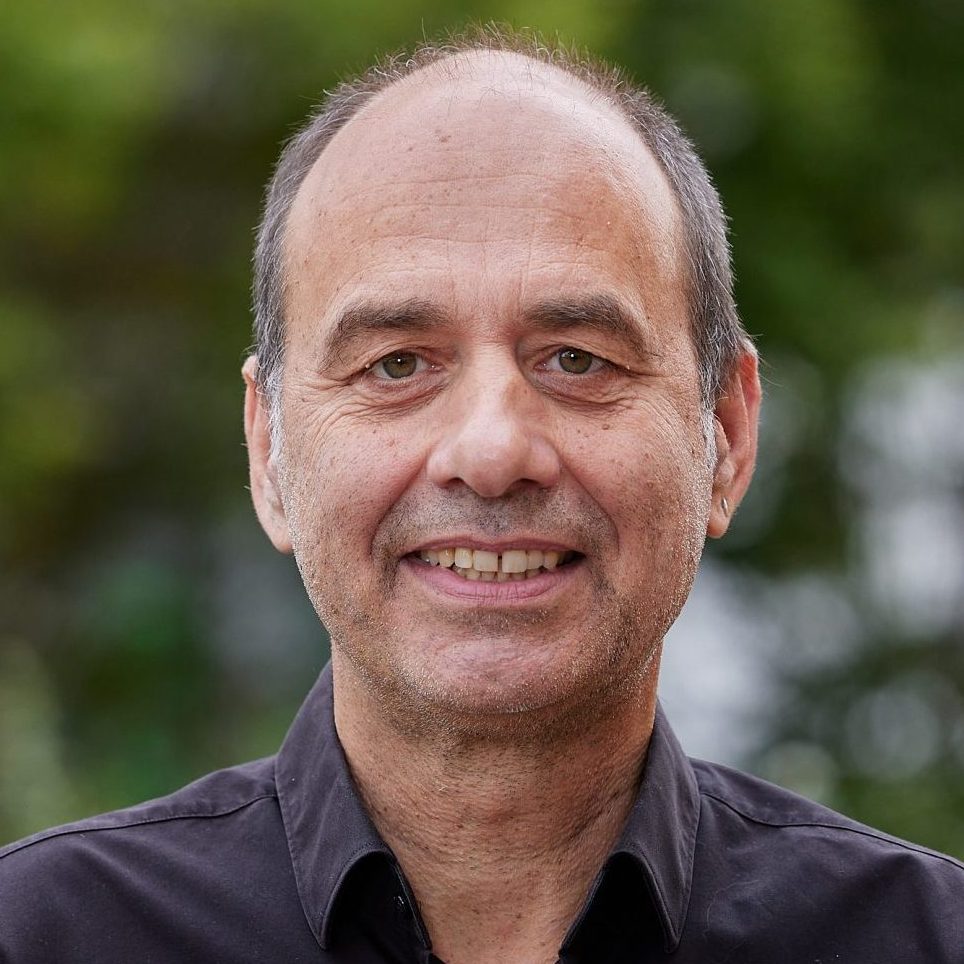
michael wagner
Project Member
UNIVERSITY of vienna
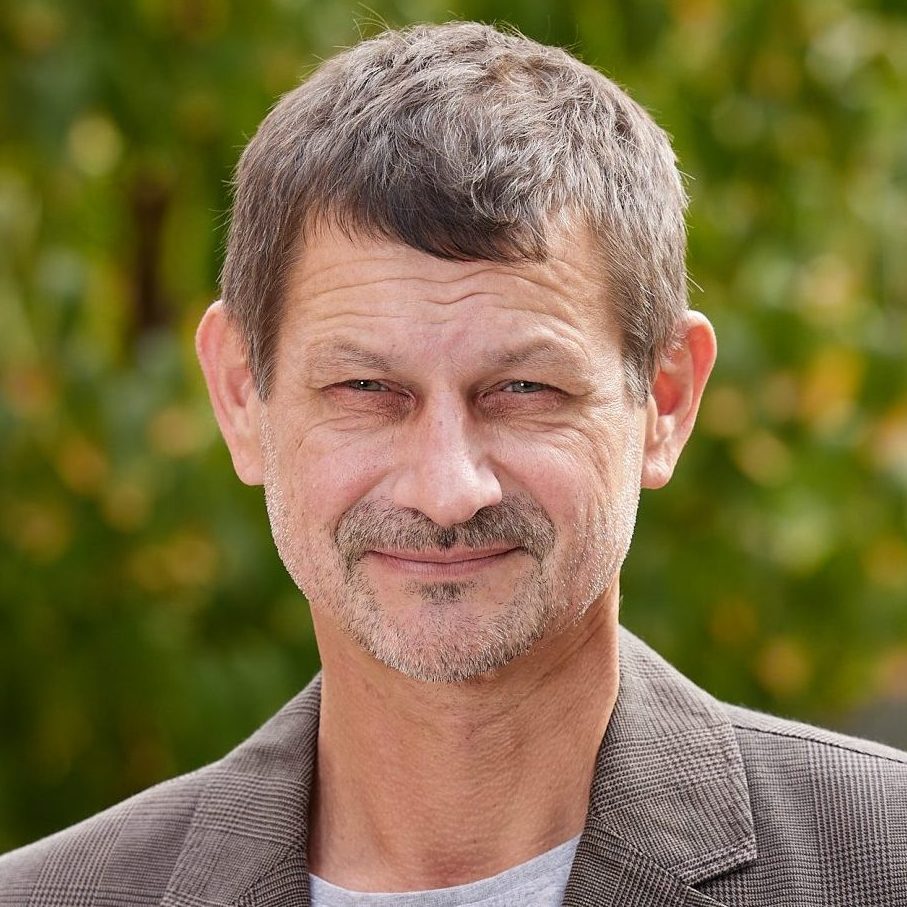
wolfgang wanek
Project Member
UNIVERSITY of vienna
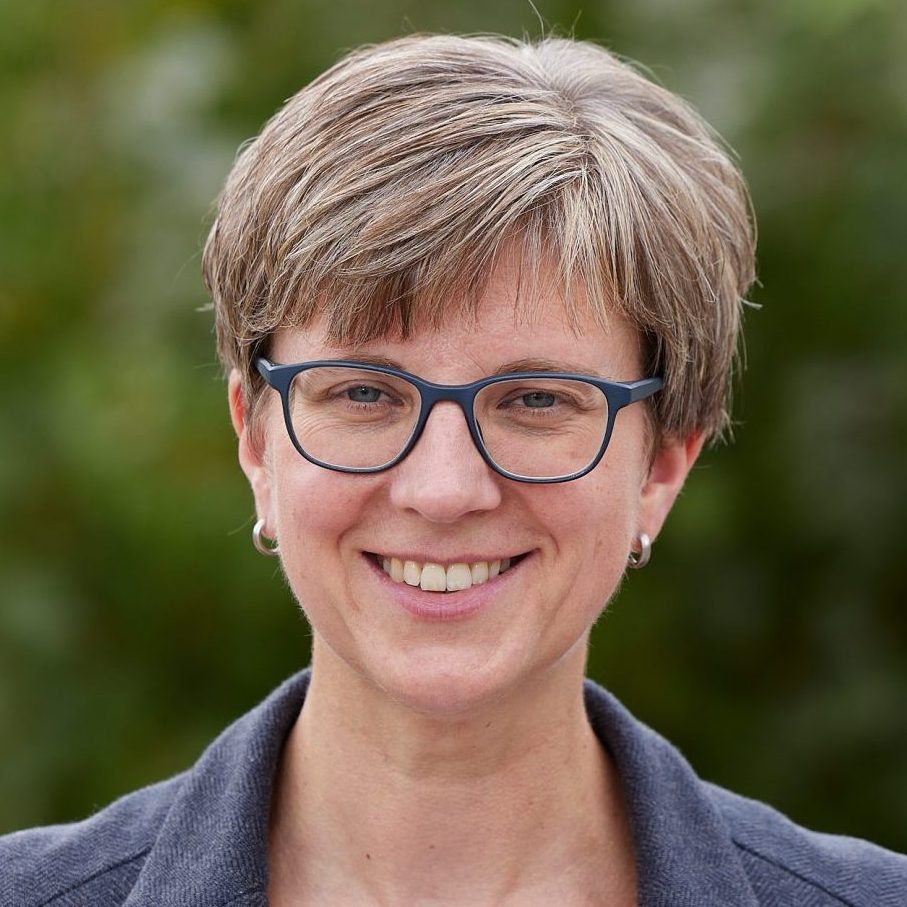
dagmar woebken
Project Member
UNIVERSITY of vienna
InVolved institutions
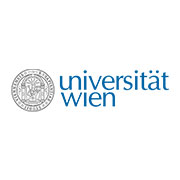
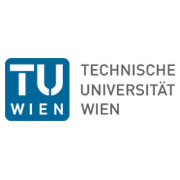
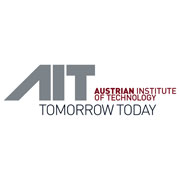
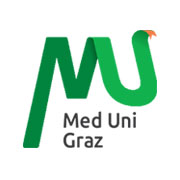
work packages in project 4
Work package 4.1
Microbial Interactions under Climate Extremes
Climate extremes are expected to have long lasting effects, as they may change the future trajectories of ecosystem functions by permanently changing the microbial community composition and function, leading to alternative stable states. The main goal of Work Package 4.1 is to study the combined effects of heat waves and droughts, followed by subsequent heavy precipitation events, on microbiome interactions in the plant-soil system.
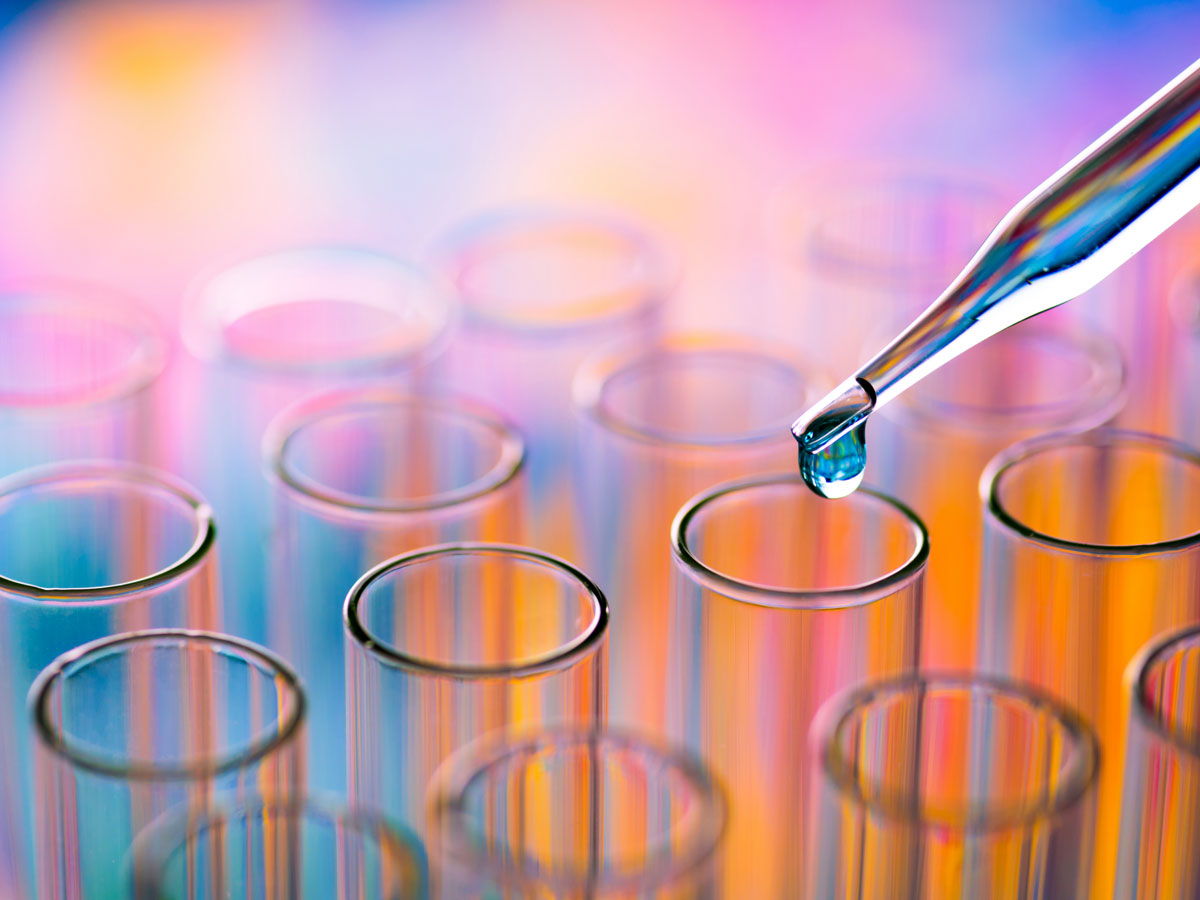
Work package 4.2
Permafrost, Climate Change, and the Soil Microbiome-Climate Feedback
Permafrost is thawing because of global warming, and the impact of this is vast, rapid and potentially devastating, affecting
both humans and natural ecosystems. In Woek Package 4.2, we will use thawing permafrost to understand microbiome responses to environmental change over long timescales.

Work package 4.3
Control of Nitrous Oxide Emissions in Soils
Human activities strongly impact global N cycling and have led to significant increases in terrestrial ecosystem N2O emissions, particularly due to excessive N-fertilizer use. The results of Work Package 4.3 will help to minimize agricultural N2O emissions, ultimately leading to the development of targeted approaches to manipulate the soil microbiome.







